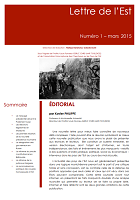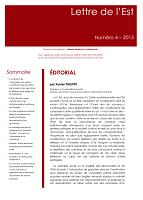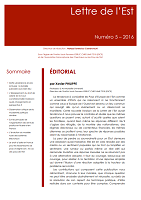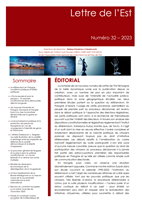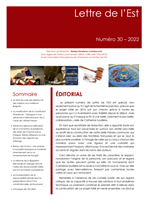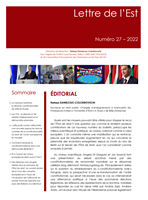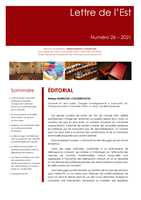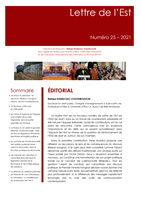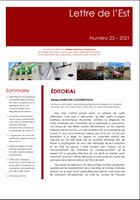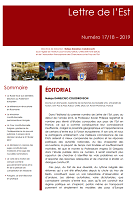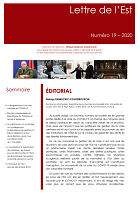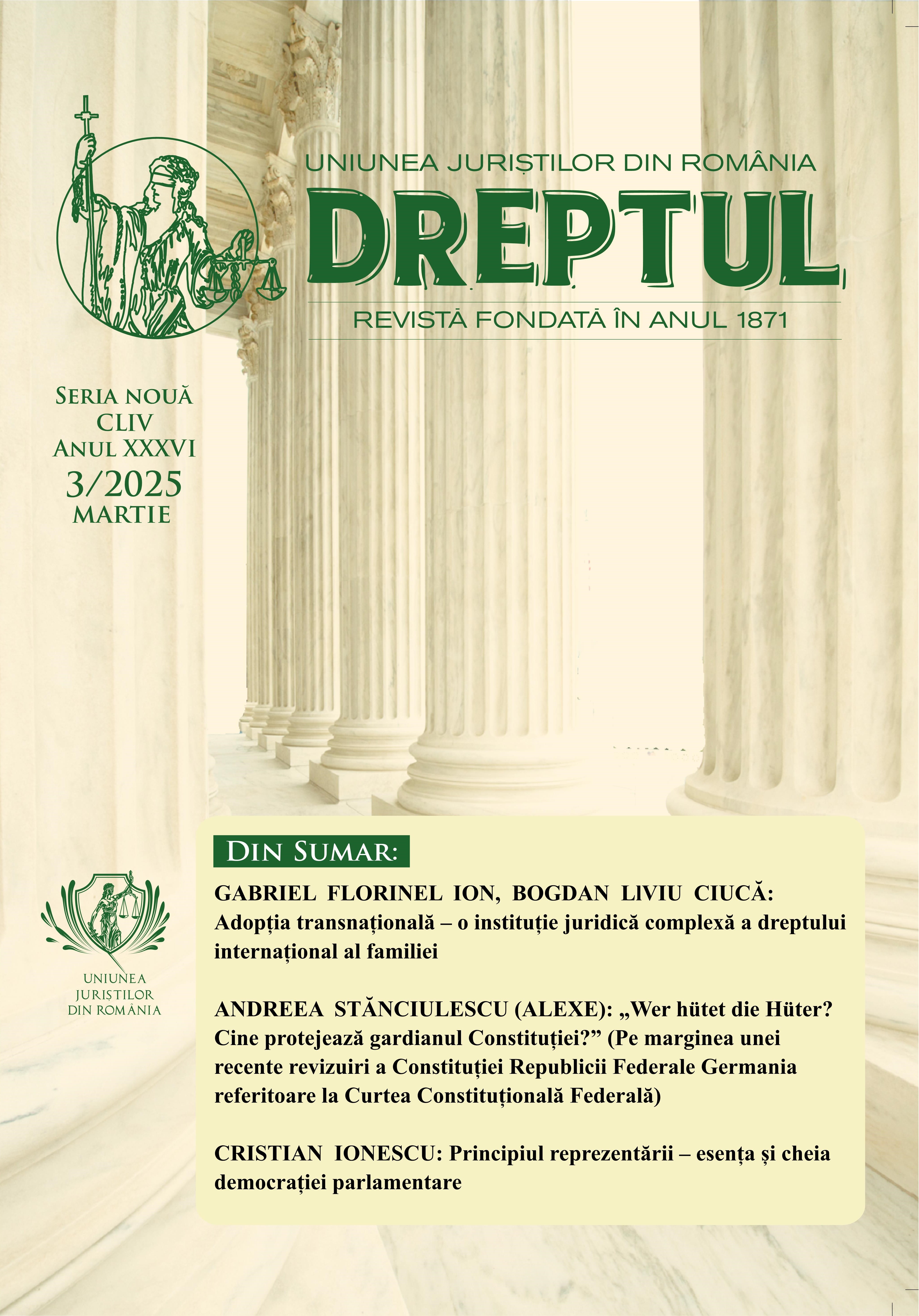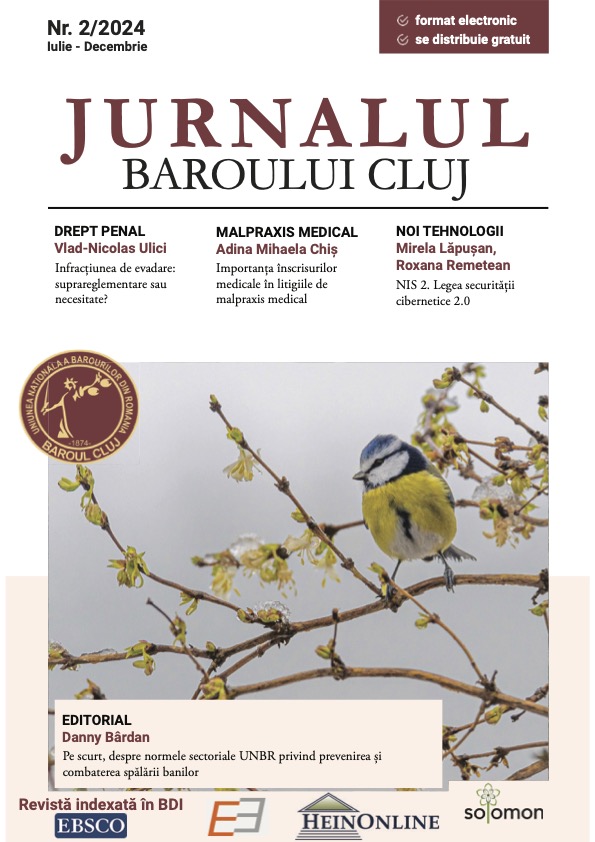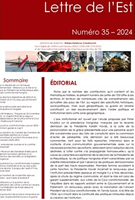
LE ROI RÉPUBLICAIN SUR L’ÉCHIQUIER PARLEMENTAIRE: RÉFLEXIONS SUR LE RÔLE ET LA PLACE DU PRÉSIDENT DE LA RÉPUBLIQUE DANS L’ORDRE CONSTITUTIONNEL HONGROIS
This article deals with the Hungarian presidential institution analyzed by the author through the successive acts of resignation which were a cause of destabilization of the political system. It will thus question the place of the presidential institution, built on fragile postcommunist foundations, in the constitutional order and the Hungarian unicameral parliamentary regime.
More...
